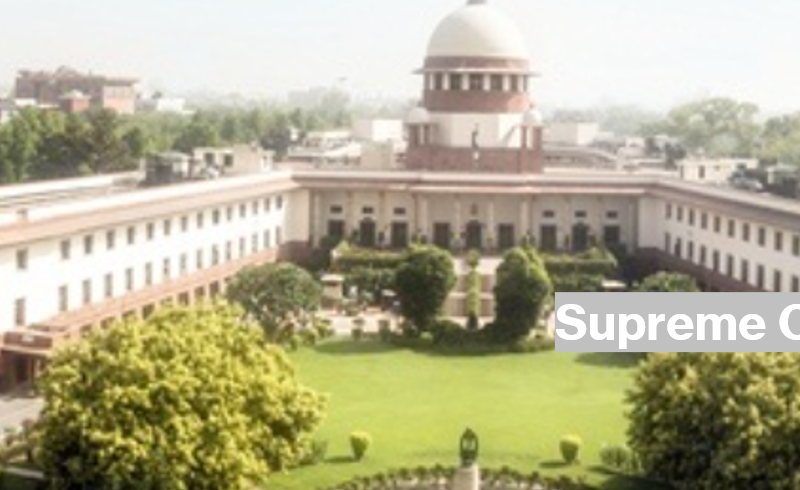Introduction
A constitution’s Preamble serves as its essence, encompassing the fundamental ideals, aspirations, and goals that support a country’s judicial system. The Preamble of the Constitution is of utmost importance in the case of India. It concisely expresses the admirable principles upon which the Indian Republic was established and is still governed today.

Top 100 books to read for overall development
Description of the Preamble
The Indian Constitution’s Preamble says the following:
“We, the people of India, having solemnly resolved to constitute India into a sovereign, socialist, secular, and democratic republic, and to secure to all its citizens:
Justice, social, economic, and political; Liberty of thought, expression, belief, faith, and worship; Equality of status and opportunity; And to promote among them all fraternity assuring the dignity of the individual and the unity and integrity of the Nation; In our constituent assembly, this twenty-sixth day of November 1949, do hereby adopt, enact, and give to ourselves this Constitution.”
Key principles embedded in The Indian Constitution’s Preamble
Let’s delve into the key principles embedded within this powerful text:
- Sovereign: India, through its Preamble, asserts its independence from external control or domination. The term “sovereign” signifies that the nation is self-governing and not subject to foreign rule.
- Socialist: The term “socialist” reflects India’s commitment to a socialistic pattern of society, striving for social and economic equality. It emphasizes the state’s role in reducing economic disparities and ensuring social justice.
- Secular: India is a land of diverse religions and beliefs. The term “secular” in the Preamble signifies that the Indian state does not promote any particular religion. It ensures that all religions are treated with equal respect and that there is a clear separation between religion and the government.
- Democratic: The Preamble proudly proclaims India as a democratic republic, where the power to govern lies with the people. It establishes a system where elected representatives are accountable to the citizenry and ensures the protection of individual rights.
- Justice: The Preamble emphasizes the importance of justice, which is threefold: social justice, economic justice, and political justice. It underscores the need to eliminate discrimination and ensure equitable opportunities for all citizens.
- Liberty: Liberty encompasses the freedom of thought, expression, belief, faith, and worship. It safeguards individual liberties, allowing citizens to voice their opinions and practice their religions freely.
- Equality: The Preamble promotes equality of status and opportunity, irrespective of caste, creed, gender, or background. It aims to eradicate social inequalities and provide a level playing field for all.
- Fraternity: The Preamble underscores the importance of fraternity, which signifies a sense of brotherhood and unity among the diverse citizens of India. It emphasizes the dignity of every individual and the unity and integrity of the nation.
Conclusion
The Indian Constitution’s Preamble acts as the country’s constitution. It reflects the ideals that India upholds as well as the people’s collective ambitions. The Preamble, which serves as the cornerstone of the Constitution, serves as a reminder that we have a responsibility to work towards establishing a society that is fair, inclusive, and democratic. It captures the essence of India, establishing a sense of harmony amidst variety and pointing the country in the direction of a more promising future.

